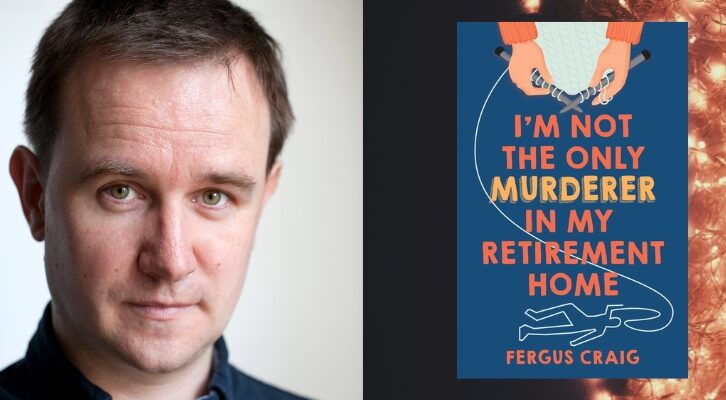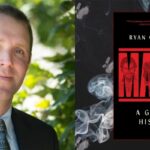
Clive James on Dying, Poetry, and the Wonders of the English Language
Part Two of Clive James Conversation with Paul Holdengraber
In the second part of their conversation, Clive James and Paul Holdengraber discuss the sources of poetry, the art of rereading, and a life well lived. To listen to part one, head over here.
Clive James on where poems come from…
The thing is, when I’m writing prose or reading it, the poems don’t stop coming. You just never know when they will. They might come in the middle of the night. I think a poet has to attend to them when they do. When an idea gets into your head you have to deal with it. And I’d like to think that every poem in this little book, Sentence to Life, comes from a real idea, from something I had to write.
Clive James on whether a writer needs to leave home to write…
It depends on who you are. I think I couldn’t have done without my globetrotting existence as a TV reporter and maker of programs and so on. But I think there are superior poets who never had to shift the yard. Philip Larkin was a supreme example. He never really had to leave his desk in the library at Hull University, and he never really did. Most of his great poems were written there, he just imagined the world. But some of us have to get out there and see things.
Clive James on bare winter plums, life, and death…
Right now the winter plums are out there, and they are bare—which is enough to scare me, but I’m not really scared. If I don’t make this thing over… I’ve had a good run. And I have three or four books coming out anyway, so it will seem as if I was still around. It’s been a blessed time. And I’ve been very lucky to have it. I spend a lot of time at the hospital these days. And I see people who have a much more severe fate than I do. I’ve been left the strength to work. I can still do it. I can make this phone call for example. You know, I’m an old performer, from practice, and I love performing on your stage.
Clive James on re-reading…
I get a bit ashamed that I was once so obtuse and didn’t see the point. When I read something again, I realize I’ve almost missed it the first time. I found out with the novels of Conrad, which I recorded this feeling in latest readings. I barely understood it at the time, as the political books that they were. I’ve felt the same way about rereading Anthony Powell. And I read Olivia Manning for the first time and got ashamed that I hadn’t read her earlier. So there’s regret built into it. I’m going to reread War and Peace again, because I may as well behave as if I’ve got forever.
Clive James on the fluid line between essays, poems, and prose…
For me the essay and the poem are very close together. They are continuants of each other. They are two versions of the one thing. And I like those poems best which have an essay content. And I like those essays best which have a poetic content. I don’t think the two things are necessarily separated at all. They are certainly the two forms that I’ve worked in most often. My prose books were essentially collections of essays. And I think this next big one, if I write it, will be the same. There’s nothing you can’t do with an essay, except you can’t write the thing that can be read on stage as a poem. I do think of the poem as a performance. A song without music, except when you listen hard you’ll realize the music is already in it.
Clive James on illness and strength…
I’ll be sorry to say goodbye to it all. One does get a little tired anyway. I don’t know what my life would be like if I hadn’t been ill. I think I would have been fairly strong as an old man. I may have lasted quite a while. But my illness really took things out of me. I’m just very glad it left me with some brains left. That was a lucky break.
Clive James on the wonders of the English language…
I’d like to be remembered as someone who enjoyed the language and drew attention to its enjoyability. The language is the great treasure. I think it was Derek Walcott or maybe Salman Rushdie, who very generously said, “The language is the empire.” And that’s true even of America. In some ways, the language incorporates you. The English language is the empire that includes even America. It’s a fabulous language. That’s why I like to read others. It proves to me how fabulous English is. Russian is probably more beautiful. Italian is certainly more beautiful. But nothing is quite as flexible as English. Nothing else has got the range of tones you can use in English. It makes it the ideal language for poetry. It’s not too pretty. It’s not too severe. It’s supremely capricious and flexible. It’s a pleasure to use. English poets never give up, have you noticed? You can’t stop them.
NEXT WEEK: WRITER AND PSYCHOANALYST ADAM PHILLIPS



















